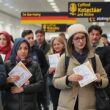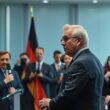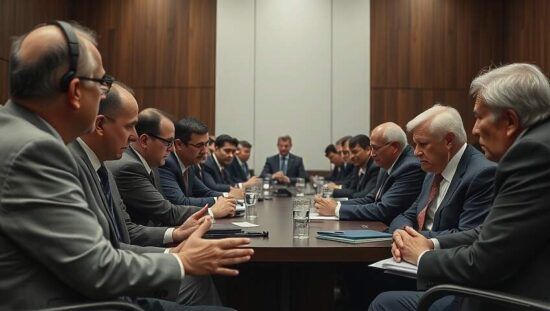The initial phase of a US-brokered plan to de-escalate the Gaza conflict has prompted calls for increased German engagement and a reassessment of the nation’s role in regional security. Jürgen Hardt, the CDU/CSU parliamentary group’s spokesperson for foreign affairs, lauded the agreement facilitated by US President Donald Trump and Qatari intermediaries as a “coup for peace” emphasizing that Germany and the international community now bear a critical responsibility to safeguard its fragile progress.
Hardt’s comments, released to the Funke-Mediengruppe newspapers, signaled a shift towards a more proactive German stance, acknowledging that resolving the deep-seated issues stemming from the October 7th attacks requires a concerted and sustained effort. Chancellor Friedrich Merz and Foreign Minister Johann Wadephul are reportedly already involved, but Hardt indicated that a further layer of ‘security political leadership’ will be necessary to ensure the agreement’s longevity and efficacy.
While carefully avoiding specifics regarding Germany’s potential contributions beyond diplomatic channels, Hardt underscored the nation’s vested interest in regional stability, highlighting the tangible benefits that a lasting peace would bring. The acknowledgement that Germany would directly profit from calm in the region suggests a possible re-evaluation of economic and security strategies.
Notably, Hardt’s remarks also cast a critical light on the European Union’s limited involvement in securing the initial agreement. Despite the EU’s perceived absence from the core negotiations, he stressed that its role as a “trustworthy partner” in the region is now more vital than ever. This critique implicitly challenges the EU to demonstrate a greater capacity for impactful diplomacy in crisis situations – a point likely to fuel internal debates about the Union’s foreign policy effectiveness. He expressed a cautiously optimistic outlook, suggesting that prospects for a stable resolution are currently higher than they have been in recent years, but stressing that significant hurdles remain.





